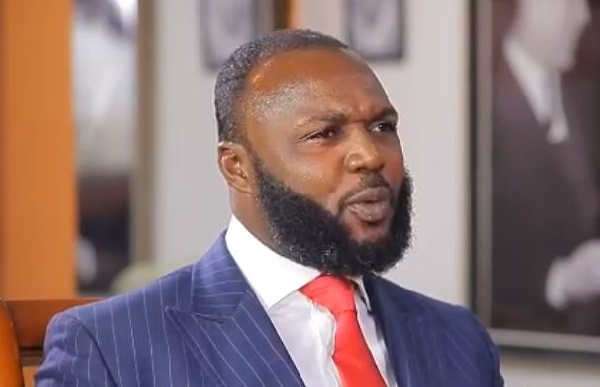Outstanding GH¢12Million Must Be Paid By July 27 – Court To Ato Essien
An Accra High Court has granted defunct Capital Bank founder William Ato Essien another opportunity to fulfil his financial obligations to the state.
It will be recalled that Mr Essien was required to pay GH₵20 million by the end of April, but as of July 4, he had managed to pay only GH₵8 million.
Mr Essien was on trial with two others — Rev. Fitzgerald Odonkor and Tetteh Nettey — for their roles in the collapse of the defunct Capital Bank.
However, Rev. Odonkor and Mr Nettey were acquitted and discharged.
Mr Essien was charged with 23 counts of conspiracy and stealing from the GH¢620 million liquidity support given to Capital Bank by the Bank of Ghana (BoG) to enable it to service maturing debts.
The defunct founder was found guilty of stealing over GH¢90m of depositors’ funds after he pleaded guilty to 16 counts of stealing and money laundering.
He has already paid GH¢30 million and was to pay the remaining GH¢60 million in three instalments of GH¢20 million by the close of next year.
However, he has failed to meet his first deadline.
When the case was called on Tuesday, July 4, the legal team of the accused persons pleaded with the court to release their client’s passport to enable him to travel and raise the remaining funds.
But the court declined. Instead, the court has given him until July 27 to pay the outstanding amount of GH₵12 million as the first instalment of his payment agreement, warning that failure to do so may result in imprisonment.
The agreement under Section 35 of the Courts Act, 1993 (Act 459), allows accused persons standing trial for causing financial loss to the state to pay the money.
Background
Capital Bank was one of the first banks that collapsed after a massive clean-up of financial institutions by the Bank of Ghana (BoG) starting in 2017.
On August 14, 2017, its licence and UT Bank were revoked by the BoG after the central bank had declared them insolvent.
The central bank allowed the state-owned bank, the GCB Bank, to acquire the two banks to protect depositors’ funds and enable them to stay afloat.
The hurricane that swept through the banking sector due to the collapse of the two banks heightened in August 2018 when the central bank collapsed five other indigenous banks and merged them into one entity — Consolidated Bank, Ghana.



